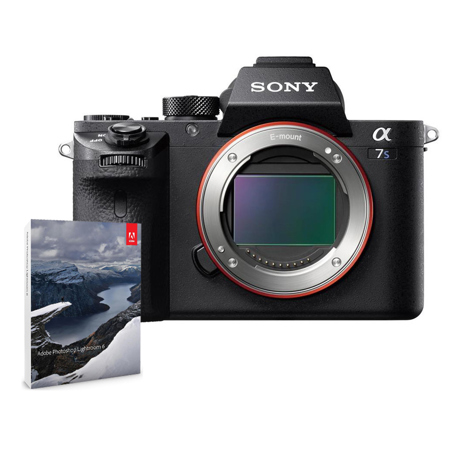Sony Alpha Software For Mac


2018-01-16 - Related:,, See my and get at B&H Photo. Update 18 January:. If you’ve heard the term “best practices” applied to any process such as security, Sony is doing the opposite: “worst practices”.
Sony releases a software for macOS 10.13 (High Sierra) Users Many SAR readers had issues installing the recent Sony A7rIII firmware update on their MAC. Today Sony released a fix that solves the problem.
It’s outrageous. But maybe Sony cannot do it right; perhaps there is some (grievous lack of foresight) hardware design error that prevents an in-camera firmware update. Update 20 Jan 2018: I worked around the issues by installing a fresh macOS El Capitan system onto an old 128GB Apple SSD in an, connected to a.
After installing the fresh system, I booted off it, unmounted the internal SSD, installed the Sony updater (which does not require the kernel hack on macOS El Capitan that High Sierra does), updated the firmware, rebooted off the internal drive, wiped out the external SSD and reinstalled a fresh El Capitan on it for next time. That external drive goes now sits in a drawer for doing the same thing for the next firmware update.
That process is not perfect: really nasty malware could infect even an unmounted volume, but it’s reasonably solid protection, and I did it on a spare machine. To get it really right, disconnect the internal drive, and then hope malware could not tweak hardware stuff in the laptop itself.
Original post. Which entail not only compatibility problems but a serious potential risk of compromising the entire computer by what is known as a “root kit”— Sony’ updater requires a kernel level updater = Very Very Bad. 'aces' writes: I have been waiting and waiting for either Apple or Sony to fix this now we are in 2018 and I still can’t update any of my Sony cameras. Have you heard anything new? DIGLLOYD: I don’t expect Sony to change their risky security-incompetent design judgment on firmware updates. And is especially locked down on the new with its secure enclave and refusal to boot off many devices, making such issues.
• • • At least Sony *does* properly secure its with https, albeit with a certificate that is not the highest grade. That is necessary but not sufficient. What is the security issue? When an application is given administrative 'root' access, it can do just about anything.
That means it can install things like a keyboard sniffer, transmitting everything you type to some hacker in Belarus, so to speak. Thus all your accounts, all your money, your identity, etc is placed at risk. Thus it’s no minor concern letting a program have unfettered root-level access to a computer these days. This is why Apple (kudos) increasingly has locked down macOS, particularly kernel extensions, which cannot run without explicit user approval in the Preferences => Security. This is why Sony’s updater “might” not work—because Apple is taking steps to lock out risky software. That Sony takes this update approach is gross incompetence in software design (from a security perspective) that puts users at risk of total system compromise.
That Sony should persuade any rational person in this day and age that this security concern is worth taking seriously. If I were a hacker, the firmware updates of all cameras and devices would be prized targets because they would enable compromising tens to hundreds of millions of computers just by compromising an 'innocent' updater. A juicy soft target to say the least. Nikon and Canon do firmware updates right, but Nikon’s firmware download site is wide open to various compromises because it fails to use a secure links (http only). • but still deserves criticism. • Olympus is as bad as Sony because they require the same risky rootkit installer approach. Emulator for pubg pc download. • Leica is almost as bad as Nikon because both http and https are allowed—enabling various security attacks that force the client to an insecure connection.